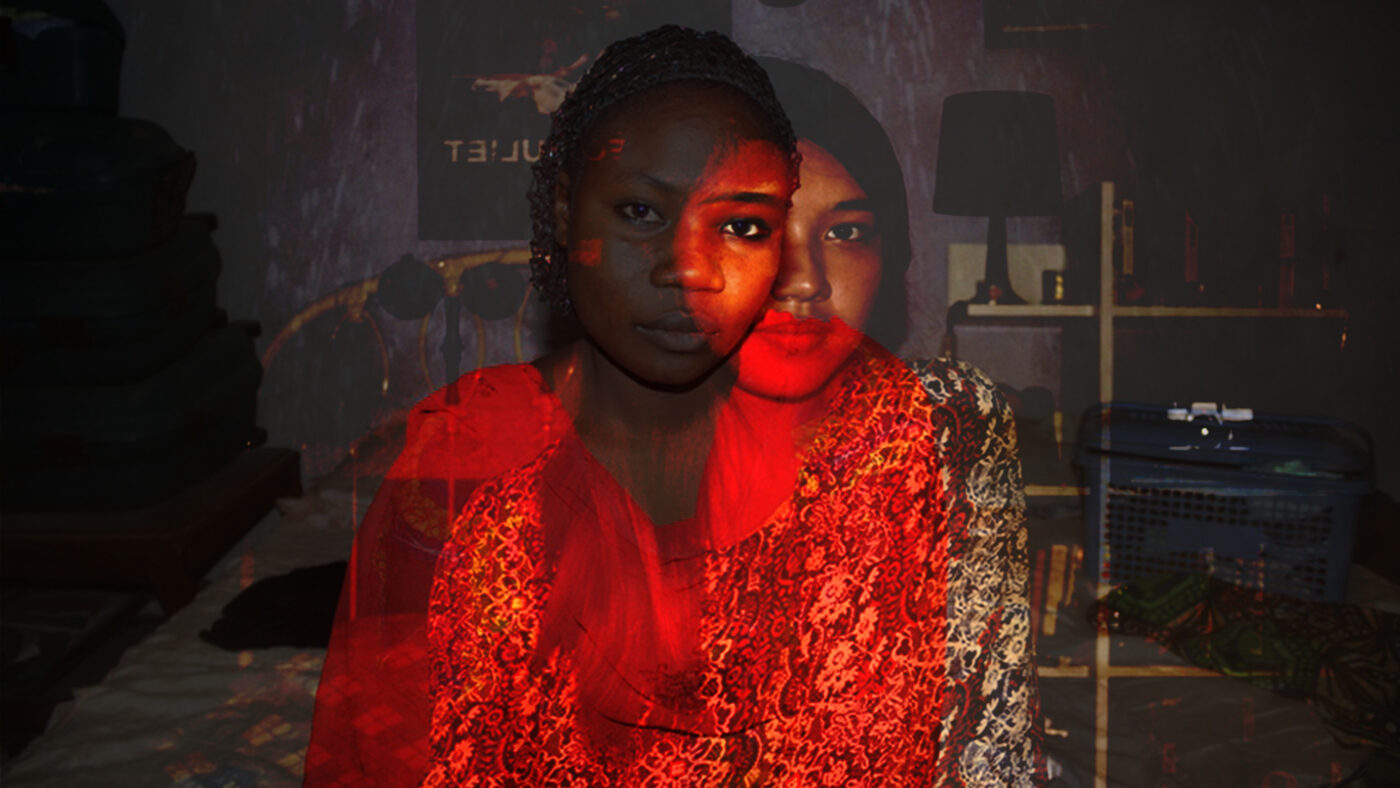ON APRIL 14, the Boko Haram (BK), an extremist Islam insurgency group, kidnapped 276 Nigerian girls from their dormitories in the small town of Chibok.
Since 2009, BK has perpetrated various bombings to overthrow the Nigerian government and to attain their goal of creating a state ruled by sharia or Islamic law.Their official Arabic name, Jama’atu Ahlis Sunna Lidda’awati Wal-Jihad, translates to “People Committed to the Propagation of the Prophet’s Teachings and Jihad.”
Following the incident, the girls’ families kept silent, hoping for government action. After 15 days, the families gathered in Chibok in vocal demonstrations against the perceived indifference by the officials.
After weeks of public outcry, the international community responded. The United States (US) was the first to respond, sending teams of experts on May 6. Other nations such as France, the United Kingdom and Israel also have assured their support. Neighboring African countries have pledged border surveillance and information, with Cameroon and Chad declaring war against BK.
Terrorist schemes
According to Richard Heydarian, lecturer for the Political Science Department, BK has been “a constant source of threats and violence,” and their latest act is “neither new nor unsurprising, but reflects [their] growing viciousness.”
Heydarian notes the sizable role of Nigeria’s political situation. Mired with accusations of corruption under the rule of President Goodluck Jonathan, the nation has seen “inter-regional power struggles” arising from the Arab Spring, a series of anti-government riots that began in late 2010. This resulted to unresolved conflict and the rise of Al-Qaeda-affiliated groups in the Middle East and North Africa.
“It should come as no surprise that groups such as BK, close to the turbulence in North Africa, have been emboldened to broaden their own operations and more viciously take on failed states and ordinary citizens,” says Heydarian.
Time claims in an online article that BK violates Muslim teachings with their practice of forced conversion and belief that girls deserve slavery and marriage instead of education. Heydarian adds that the group defends itself by “brazenly misinterpreting Islamic edicts.”
Global sextortion ring
While kidnapping incidents continue worldwide, many terrorist groups have shifted to “sextortion,” a now online-based crime where victims are coerced to record sexual acts for use as blackmail material.
Just last May, more than 58 were arrested in Taguig, Laguna and Bicol for taking part in a global sextortion ring. This network has been held liable for the suicide of a teenage victim in Scotland last July. The arrest, conducted by the Philippine National Police (PNP), the Presidential Anti-Organized Crime Commission and the International Police Organization, is the latest in a concerted effort against child trafficking.
“This is [proof] that we are working double to contain and put a stop on the operations of cybercrime, particularly those relating to cybersex operations in the country,” said Senior Superintendent Gilbert Sosa, director of PNP Anti-Cyber Crime Group, in a report by Manila Bulletin.
The Philippines is no stranger to terrorism. Most well-known attacks have been committed by groups such as the Moro National Liberation Front, Abu Sayyaf and the transnational Jemaah Islamiyah.
According to Heydarian, the persistence of extremist groups reflects “the awry state of affairs in affected regions, due to inability of local governments to address legitimate historical grievances among citizens.”
Despite the “awry state of affairs,” Abbo Hernandez, a junior management economics student who hails from Zamboanga, believes that the acts of these groups are unjustified.
He adds that they would only be justified if “it [were] a failing state, where people were starving and there was no way in for our needs to be heard in a democratic framework.”
Reaching public awareness
Isabelle Lee, communication senior and president of Ateneo Tugon, believes that kidnapping and extortion is “a very urgent problem, if not the most, [ranking second] after poverty and hunger because lives are at stake.”
She adds that awareness is necessary in solving the problem. “This issue [of kidnapping and extortion] lacks the attention and the effort that it deserves,” she said. “I refuse to believe that Filipinos are apathetic, [but just] not properly informed. If only the government can create more programs or initiatives that address human trafficking, more people would sense the urgency and would eventually help.”
Awareness has been a prominent aspect in the ongoing search for the kidnapped Nigerian girls. On April 23, Nigerian lawyer Ibrahim Abdullahi sent out a tweet with the hashtag “#BringBackOurGirls.” Used multiple times on Twitter, the hashtag has become a global slogan against the atrocity.
Many global icons such activist Malala Yousafzai, magnate Bill Gates and US First Lady Michelle Obama have publicly called for the girls’ safe return. Organizations such as the World Young Women Christian Association and the Philippine Commission on Women (PCW) also have condemned the abduction.
“Women and girls are not commodities that can be sold or exchanged! The kidnapping and religious coercion violates several United Nations human rights conventions,” said PCW Executive Director Emmeline Verzosa in a statement released on May 15.
Alarming concerns arise as BK continues to send out video messages of their actions, with their leader Abubakar Shekau demanding an exchange of their hostages for imprisoned BK members. As of May 27, the Nigerian military have located where BK are keeping the girls.




